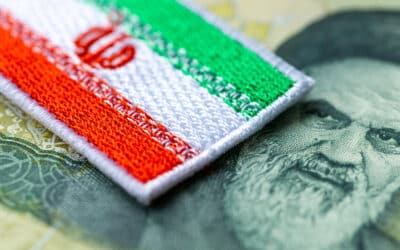In the waning days of his second term, a president’s thoughts turn to his legacy. His focus the last few weeks and months often tells us a great deal about how he wants to be remembered by the American people. It is, therefore, surprising and disappointing to see that President Obama is busy institutionalizing the targeted killing apparatus constructed piece by piece after the 9/11 attacks. Obama’s last-minute efforts to ensure that the costly and counterproductive war on terror continues will certainly help cement his legacy – as the president who authorized hundreds of secret drone strikes that killed thousands of people, many of them civilians. But they also serve as a terrible reminder of just how far off course American national security policy has gotten.
The primary fruit of this effort is a new task force – “Counter-External Operations Task Force,” designed to give Joint Special Operations Command (JSOC) an expanded ability to track and kill terrorists around the world. On the surface, the new entity simply represents the evolution of U.S. efforts to organize more efficiently to confront terrorist groups, a threat that existing national security organizations and processes were poorly suited to manage before 9/11. “Ex Ops,” as it is called in the Pentagon, is an attempt to bring all the necessary intelligence, targeting capabilities, and military capabilities under one roof, instead of leaving them distributed across a large number of different organizations, agencies, and combatant commands as has been the case historically.
At root, Obama’s move illustrates how American national security has been hijacked by the war on terrorism.
Read the rest at Real Clear Defense.






























